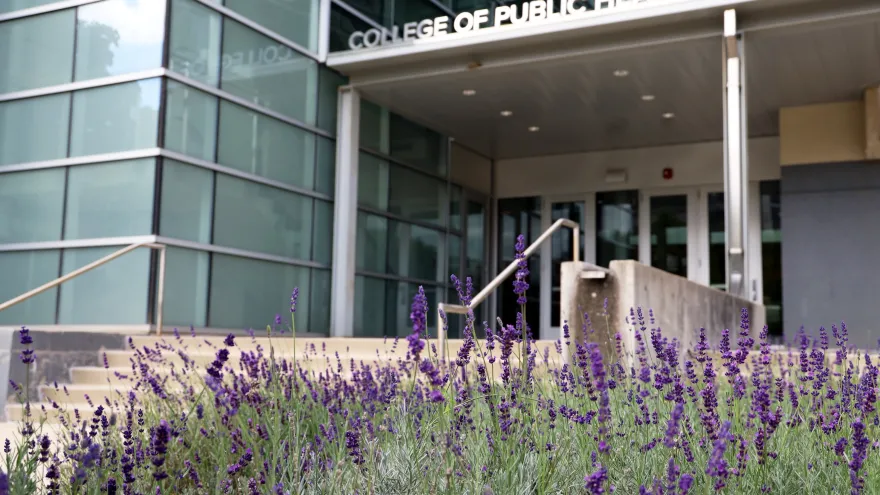The 21st annual Summer Program in Population Health, offered by the Center for Public Health Practice, will be held in an online format this year from June 22 – Aug. 31.
“Never has it been more important for our workforce to strengthen preparedness to face public health challenges," said Andrew Wapner, director of the center. "Each year, the Summer Program in Population Health offers professionals in public health, health care and beyond the opportunity to evolve alongside public health and, in the face of a pandemic, the center is committed to continuing this vital training.”
Through courses taught by national experts, the Summer Program in Population Health educates and trains practitioners, researchers and students in population health methods and builds their capacity to address emerging health priorities. The program is intended to appeal to a broad range of professionals who are interested in understanding and improving the health of communities.
Who should attend?
Professionals working in public health, health care, local and state government, community health, health data analytics and academia.
Courses will be available from June 22 – Aug. 31, and the program will launch with a live panel discussion about the impacts of COVID-19, held on Monday, June 22. Registration is open through July 27.
Course offerings:
Financial Management and Budgeting Bootcamp
7 hours, $150 registration, $75 student rate
Instructor: Tory Hogan, PhD
Description: This course provides an introduction to the field of health care management of public health and health care organizations. The course will engage students with the following health care financial management topics: the income statement and the statement of changes in equity; financial condition analysis; and planning and budgeting.
Mixed Methods for Program Evaluation
14 hours, $300 registration, $150 student rate
Instructor: Tory Hogan, PhD
Description: Mixed-methods research is growing in acceptance in public health, calling for the development of new research skills among future health leaders. By integrating quantitative, outcome-based approaches with qualitative stakeholder engagement methods, public health leaders and researchers should be able to better identify, assess, evaluate and implement improvement initiatives in public health. The purpose of this interactive class is to discuss the principles and procedures of designing and conducting mixed-methods studies and to provide participants with hands-on experience. Working in teams, participants will develop research aims and procedural diagrams for a mixed-methods study. The course is designed for novice and seasoned researchers.
Practical Implementation of Health Equity Initiatives
14 hours, $300 registration, $75 student rate
Instructor: JaNelle Ricks, DrPH, MPA
Description: This course will define and explore key health equity concepts. Participants will learn tools and techniques to apply these concepts to protect the health of populations, including those made vulnerable through challenging social determinants of health.
Place-Based Qualitative Methods in Health Promotion
8 hours, $150 registration, $75 student rate
Instructor: Katherine Swidarski, PhD, MPH
Course description: This course will provide a basic introduction to qualitative methods that have utility in health promotion. Participants will explore concepts from human geography and qualitative research approaches including interviews, focus groups and visual methods. The course is designed to expose participants to questions of why and how to consider place, particularly within the social determinants of health framework and a community-engaged research or practice.
All classes will be delivered asynchronously through Ohio State’s learning management system, ScarletCanvas.
The Center for Public Health Practice supports workforce development and strategic organizational improvement of public health professionals and agencies across Ohio, providing education, training, public health accreditation, evaluation, facilitation and more.



